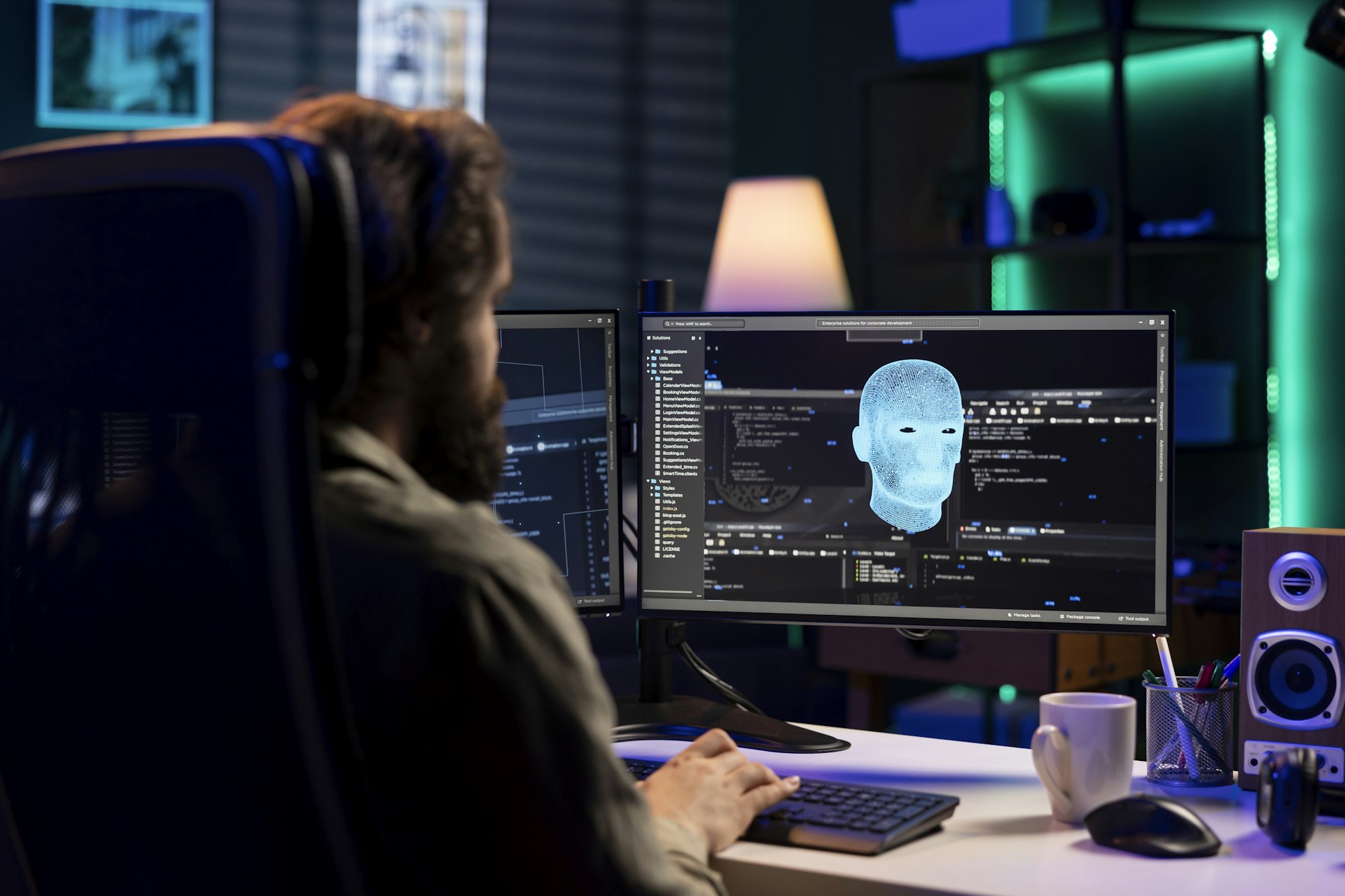A New, Faster Timeline for the Singularity
In 2005, Ray Kurzweil, a well-known futurist, predicted that by 2045, machines would surpass human intelligence. This moment, known as the “singularity,” has sparked intense discussion, especially in tech communities like Silicon Valley. However, Kurzweil recently revised his prediction, now suggesting the singularity could arrive as early as 2029, driven by rapid advancements in artificial intelligence (AI) and big data.

The Rise of New Artificial General Intelligence (AGI)
Kurzweil believes that artificial general intelligence (AGI)—a new type of AI capable of performing any intellectual task a human can—will soon surpass human intelligence in nearly every way. The impact of this development could be enormous. Imagine 3D-printed clothes and houses, or medical breakthroughs that extend human lifespans significantly. Kurzweil is highly optimistic about this future, envisioning a world where technology solves major problems and ushers in a new era of abundance and prosperity.
New Signs of Progress
Kurzweil’s optimistic view is supported by data showing global improvement in various areas. People are living longer, literacy rates are higher, and fewer people are living in extreme poverty. The internet also plays a key role, providing vast amounts of valuable information for free and helping to improve lives worldwide.
The New Controversies Surrounding Kurzweil’s Vision
Overlooking Major Challenges
While Kurzweil’s vision is mostly positive, he doesn’t address some significant global challenges. Issues like climate change, economic inequality, and political divisions could jeopardize the bright future he envisions. Additionally, the growing power of large tech companies, such as Google—where Kurzweil is a chief researcher and AI expert—raises concerns about the influence these corporations might wield in ways that don’t benefit everyone.
The Debate Over New Nanobot Technologies
One of Kurzweil’s more controversial ideas involves new nanobot technologies—tiny robots that could navigate inside our bodies to perform tasks like delivering medicine or enhancing brain functions. He suggests that these nanobots could eventually connect our brains directly to the internet, dramatically boosting our cognitive abilities. However, many people are skeptical, questioning whether anyone would actually want such technology implanted in their bodies.
Criticism from the Scientific Community
Kurzweil’s ideas have faced criticism from some in the scientific community. For instance, science writer Brian Bergstein acknowledges the potential of AI to solve big problems but doubts that people will be eager to adopt such extreme enhancements to their intelligence. Another critic, Becca Rothfeld, agrees that Kurzweil is excellent at explaining complex ideas but thinks he might be overestimating how much people will want or accept a new AI-driven future.
Explore Ray Kurzweil’s new predictions about the singularity, the potential benefits it could bring, and the debates surrounding AI and future societal challenges.

FAQs
1. What is the “singularity,” and why is it significant?
The “singularity” refers to a point in the future when machines are expected to surpass human intelligence. This event is significant because it could lead to rapid advancements in technology and potentially reshape society in ways we can barely imagine. According to futurist Ray Kurzweil, this could happen as soon as 2029, fundamentally altering how we live, work, and interact with the world.
2. What are the potential benefits of reaching the singularity?
If the singularity occurs, it could bring about numerous benefits. For example, artificial general intelligence (AGI) could lead to innovations like 3D-printed houses and clothing, and medical breakthroughs that significantly extend human lifespans. Kurzweil envisions a future where technology solves many of humanity’s biggest challenges, creating an era of unprecedented abundance and prosperity.
3. What are the main concerns and criticisms regarding the singularity?
While the potential benefits are enormous, there are significant concerns and criticisms surrounding the singularity. Some worry about the societal challenges that Kurzweil’s optimistic vision overlooks, such as climate change, economic inequality, and the growing influence of large tech companies. Additionally, the idea of integrating technologies like nanobots into the human body has sparked skepticism, with many questioning whether people would be willing to embrace such radical changes. Critics also argue that Kurzweil may be overestimating how desirable or feasible these future technologies will be.
Sources Forbes



I don’t think the title of your article matches the content lol. Just kidding, mainly because I had some doubts after reading the article.